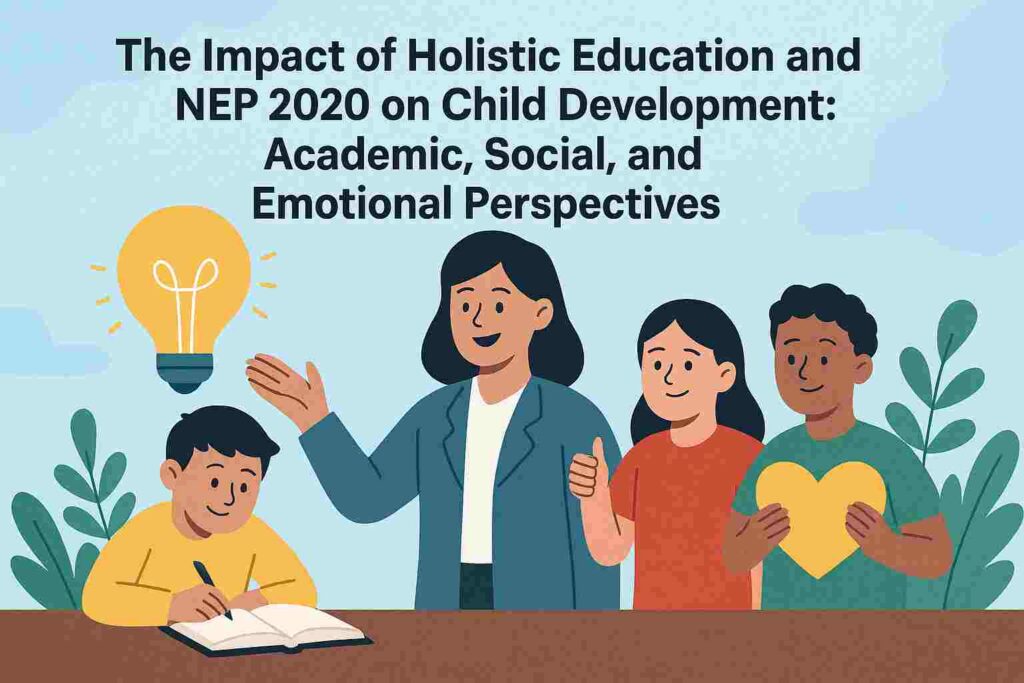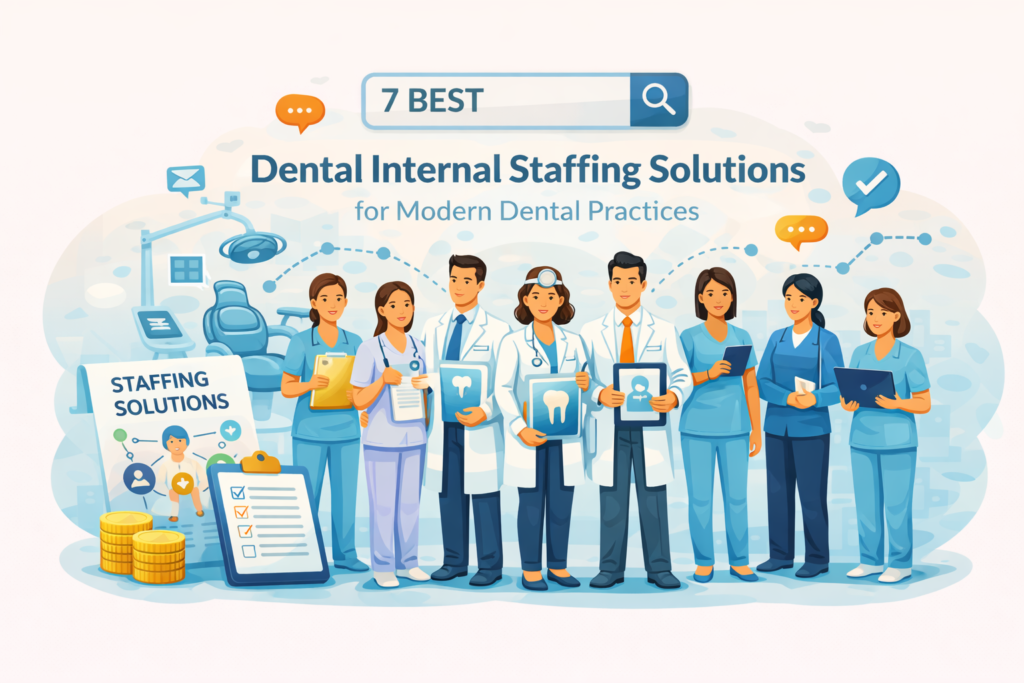It’s a scene many parents have probably seen – your kid sitting at the kitchen table, textbooks spread out, shoulders slumped, looking super frustrated. They might ask, “Why do I have to do this?” or “What’s the point anyway?” And maybe, just maybe, you remember feeling the same way when you were a kid!
As parents, it can be really frustrating and kinda heartbreaking to see our kids question why education even matters, especially when we know how important it is for their future success, happiness, and overall well-being.
Why education matters
Education isn’t just about memorizing stuff or passing exams. On a bigger scale, an educated population benefits everyone. Countries with higher literacy rates and well-educated people usually grow faster economically, have better health outcomes, and even experience lower crime rates. That’s why governments invest so much in schools and make education compulsory for kids.
For an individual, research shows education can seriously impact your life. For example, a study by the National Bureau of Economic Research found that each extra year of school can increase a person’s lifetime earnings by about 10%.
But it’s not just about money. Education shapes a child’s brain, too. According to research published in Child Development, kids who go to good early education programs develop stronger language and literacy skills, better cognitive abilities, and healthier social-emotional development compared to kids who don’t.
This is where having a structured child education plan becomes important. A well-thought-out plan ensures that children not only receive quality academics but also holistic exposure that nurtures creativity, problem-solving, and emotional intelligence.
Education also helps kids grow personally and emotionally. The American Psychological Association points out that educated people usually have higher self-esteem, confidence, and a sense of purpose – all things that contribute to long-term happiness.
On top of that, education teaches social skills, helps form friendships, and builds essential life skills like teamwork, leadership, and communication. At places like Prisma, we design our curriculum to actively nurture these skills through Collaborative Problem Solving Workshops, Life Skills classes, and hands-on projects – because academics alone aren’t enough for well-rounded growth.
Understanding India’s National Education Policy (NEP) 2020
India’s NEP 2020 is a big step forward in changing how kids learn. It focuses on a child-centered, holistic, and inclusive approach. The goal is to provide high-quality education to all kids while developing their overall skills, well-being, and abilities.
Here are the key things in NEP that directly affect kids:
- Early Childhood Care and Education (ECCE)
NEP knows that the first few years of life are super important for a child’s brain, emotions, and social growth. It says that all kids between 3–6 years should have access to good-quality early education. The learning here is more activity-based and play-based, not just about cramming or memorizing stuff. This way of learning helps children to think critically, be more creative, and also improve their communication skills. - Foundational literacy and numeracy
By 2025, the aim is that every child will have the basic skills of reading, writing, and math by the end of grade 3. This is the base for all future learning. The NEP supports a curriculum that matches each child’s unique needs, so kids can actually build these foundation skills in the right way. - Curriculum and teaching style
NEP talks about flexible and multi-disciplinary learning. Kids are motivated to explore ideas, engage with different subjects, and actually use the knowledge, instead of just rote learning. Hands-on projects and experiential learning are kept as an important part of the teaching process. - Inclusive education
All kids deserve equal opportunities – including those with disabilities or from rural and disadvantaged backgrounds. NEP supports adaptive teaching, assistive technology, and individualized learning plans. Gender-sensitive policies make sure girls and other underrepresented groups aren’t left behind. - Mother tongue as a medium of instruction
NEP recommends teaching young kids in their mother tongue or local language. Research shows this improves understanding, cognitive skills, and emotional comfort. Multilingual learning is encouraged, but early education (Grades 1–5) should ideally be in the child’s first language. - Digital learning and technology
Digital tools make learning fun and engaging. NEP promotes online platforms, interactive tools, and even AI-based personalized learning, while making sure kids in remote areas also get access to technology. - Teacher training
Teachers are the heart of education. NEP emphasizes ongoing training so teachers have modern teaching skills, know child psychology, and can use technology effectively. Teaching should be child-centered and empathetic. - Assessment reforms
Instead of high-pressure exams, NEP promotes holistic assessments – projects, presentations, and group activities that show kids’ understanding and practical knowledge. This reduces stress and encourages well-rounded learning. - School infrastructure
Safe, clean, and well-equipped schools are essential. NEP pushes for better infrastructure to make schools conducive to learning for all children, including those with disabilities. - Parental and community engagement
Parents and communities matter a lot in education. NEP encourages involvement through school committees and other local support systems, helping kids from early childhood through secondary school.
Much like creating a child saving plan for financial security, NEP is designed as a roadmap that secures children’s future through knowledge, skills, and opportunities.
Helping kids value education
Even with policies like NEP, kids still need guidance to see the importance of learning. Here’s how parents can help:
- Connect learning to real life: Show how knowledge is useful outside school.
- Celebrate small wins: Recognize effort, not just results.
- Encourage curiosity: Let kids explore, ask questions, and think for themselves.
- Model lifelong learning: Show your own love for learning – kids notice!
- Create a positive environment: A calm, organized study space makes learning more fun.
Conclusion
Education is really the base of a child’s future. It shapes not just their academics but also their career success, personal growth, social life, and even emotional well-being. In so many ways, it decides how a kid will move forward in life. Policies like India’s National Education Policy (NEP 2020) are made to give kids from every background access to good, inclusive, and holistic education.
As parents, we can add the benefits of such policies to our encouragement, direction,n and hands-on support to help our children appreciate the real-life value of their education. That way, they will engage in the act of learning with curiosity, confidence, and excitement to advance their education beyond the pages of the textbook.




